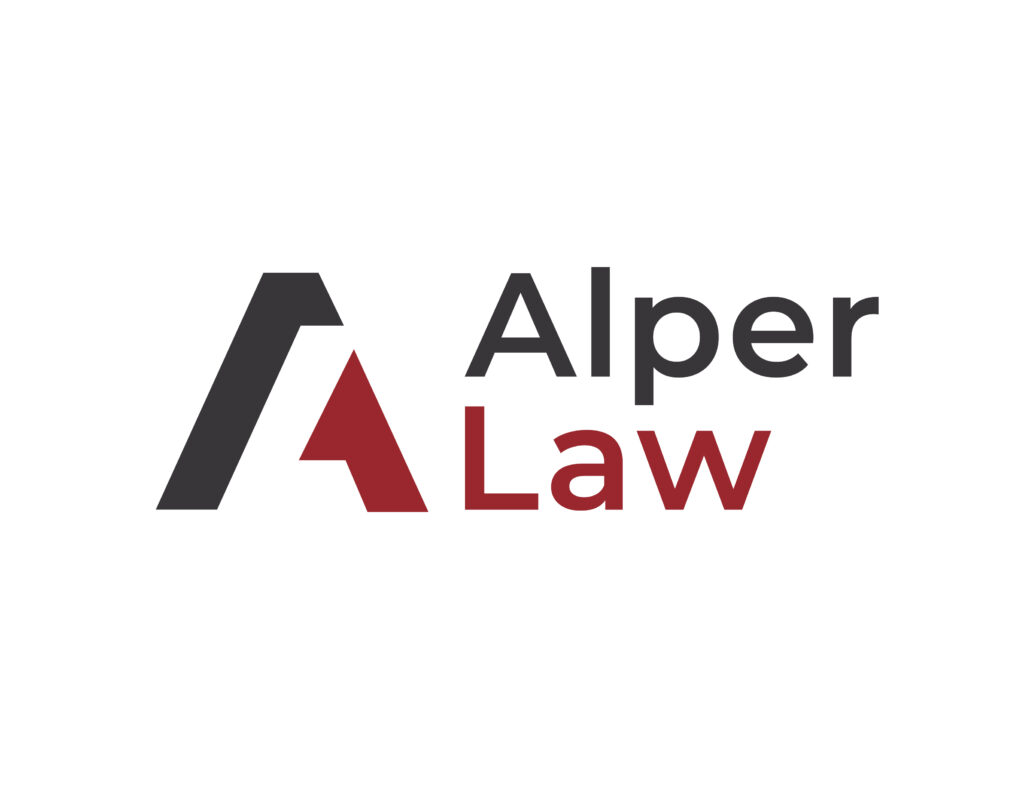A Cook Islands trust and a Nevis LLCs are both effective offshore asset protection tools. The entities and their clients’ assets are beyond the jurisdiction of U.S. courts. Creditors cannot use Florida court collection tools such as garnishments or levies on assets outside the United States, and they have great difficulty enforcing U.S. court orders against foreign-based trustees and LLC managers.
What Is a Nevis LLC?
A Nevis LLC is a limited liability company organized in Nevis, West Indies and filed with the Nevis government. Your LLC ownership interest is represented by an LLC membership interest expressed in the LLC’s operating agreement.
Nevis LLC assets are administered by persons appointed as LLC managers. You can name yourself as the manager of a Nevis LLC, or you can appoint a person or company located in Nevis or some other offshore jurisdiction to be a manager.
The Nevis LLC manager has discretion over the amount and timing of LLC distributions to the LLC members. Offshore managers provide you with better asset protection because the manager is beyond U.S. jurisdiction. Some people name themselves as managers of their Nevis LLC and name a foreign person as a successor manager.
Nevis LLC laws include asset protection provisions such as limiting creditor collection remedies to a charging lien on the member’s share of distributions, if any. The charging lien is the creditor’s exclusive remedy for interests in single-member and multi-member Nevis LLCs. An offshore manager may choose to ignore U.S. charging liens issued against the LLC.
A Nevis LLC may own financial accounts in the United States. The Nevis LLC may also open financial accounts in foreign jurisdictions, typically in the EU.
Most Nevis LLCs do not own U.S. real estate directly because the ownership could subject the LLC to the jurisdiction of courts where the real property is located. A Nevis LLC may safely own an interest in a U.S.-based LLC that, in turn, owns U.S. property.
We help protect your assets from creditors.
We give customized advice to clients nationwide. Get answers from our attorneys by phone or Zoom.

What Is a Cook Island Trust?
A Cook Island trust is an offshore asset protection trust established by a trust agreement that selects the Cook Islands as its trust jurisdiction. The Cook Islands trust is managed by a trustee located in the Cook Islands. You, the trustmaker, typically name yourself as the trust beneficiary. You can also include family members or charities as trust beneficiaries.
Cash distributions from an offshore trust are within the trustee’s discretion. There is no creditor remedy to garnish discretionary distributions authorized by the offshore trustee with a properly drafted trust agreement.
The trustee of the Cook Island trust may open financial accounts anywhere in the world. The trustee usually does not manage the financial assets. The trustee can open managed accounts at EU financial firms, or you can appoint yourself as a co-trustee with powers to manage financial assets but without discretionary power of distributions.
Comparison of a Nevis LLC and a Cook Island Trust
There are three areas to compare a Nevis LLC and Cook Islands Trust: (1) formation, (2) application and filing process, and (3) asset protection.
Formation
A Nevis LLC is established by filing articles or organizations with the Nevis government. A Cook Island trust agreement is not filed with any government. The Cooks Island trust is established by a private trust agreement signed by you and your chosen trustee.
Application and Filing Process
Foreign companies that serve as Nevis LLC managers or Cook Island trustees screen all client applicants. The companies are careful not to accept customers they consider disreputable and customers that could involve the offshore businesses in controversial U.S. litigation.
U.S. persons who are involved in litigation with the U.S. government or persons involved in public disputes may have difficulty finding an offshore company to assist them with either a Nevis LLC or a Cook Island trust.
Applicants for a foreign Nevis LLC manager or an offshore trustee must go through a due-diligence investigation. You have to submit to the offshore companies personal references, a legal history including any current litigation, and documentation of the source of funds going into the LLC or trust.
Nevis Asset Protection
In our experience, a Cook Island trust gives you better overall asset protection than a Nevis LLC. Florida law diminishes the benefits of a Nevis LLC because the law does not require your creditor to seek a charging lien through Nevis courts.
Florida courts have held that a Florida resident’s membership interest in a Nevis LLC is located with you—in Florida. Your Nevis LLC ownership interest is, therefore, a Florida-based asset, and Florida is the proper jurisdiction for a creditor’s charging lien litigation.
Florida law affords less protection than Nevis law of your LLC interests, especially if you own a single-member LLC. Your judgment creditor can ask a Florida court to charge your Nevis LLC membership interest. The creditor does not need to file anything in Nevis to impose a charging lien on your Nevis LLC distributions.
In practice, the Nevis LLC is still more protective than a Florida LLC. Even if a Florida court issues a charging order against your membership interest, the creditor’s enforcement of the order is more difficult when the Nevis LLC manager is an offshore person.
Cook Islands Trust Protection
A Cook Island trust is more protected than a Nevis LLC. Your interest in a Cook Island trust is an equitable right as a beneficiary under the private trust agreement. You do not have an ownership interest in the Cook Island trust that is represented by an identifiable asset such as a membership interest or stock certificate. Therefore, you own no asset in Florida subject to Florida court action and collection. All efforts to intercept distributions from the trust must be asserted in the Cook Islands.
Selecting an Offshore Trustee
The most important decision in setting up an offshore LLC or offshore trust is your selection of the foreign manager or foreign trustee. You should work with an established organization that is insured against both negligence and malfeasance.
The organization must have shown a willingness to defend its clients’ assets, proper administration of assets entrusted to its management, and most important, prompt responsiveness to client questions and requests. Our law firm has relationships with several well-established companies throughout the world that have successfully worked with our clients’ offshore asset protection arrangements.
Publisher: Source link












